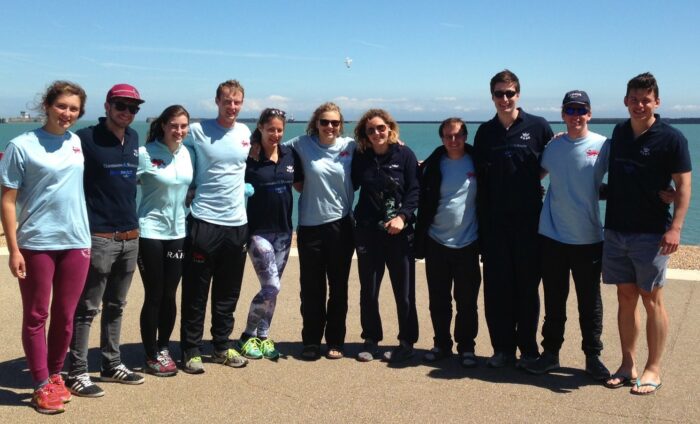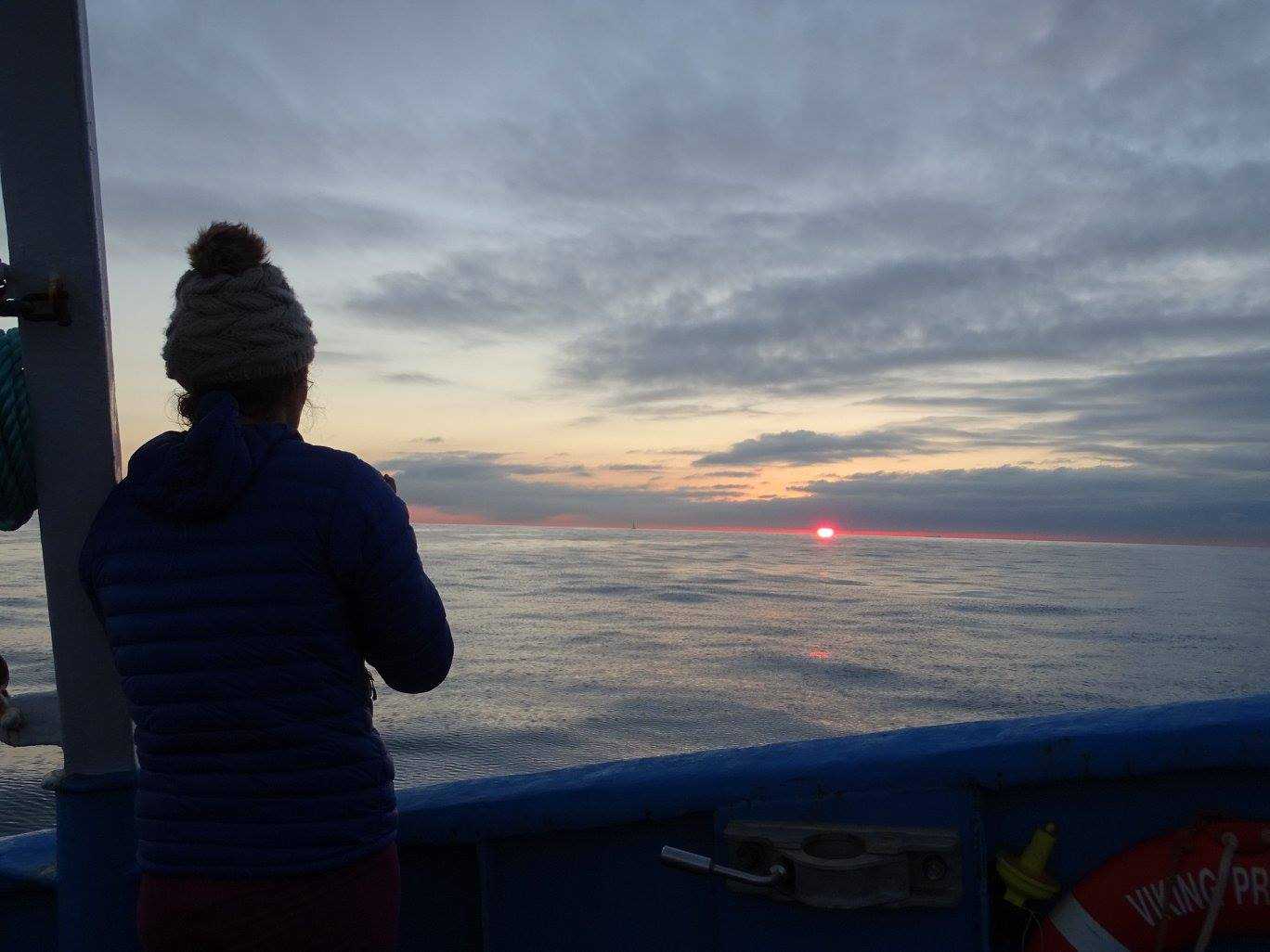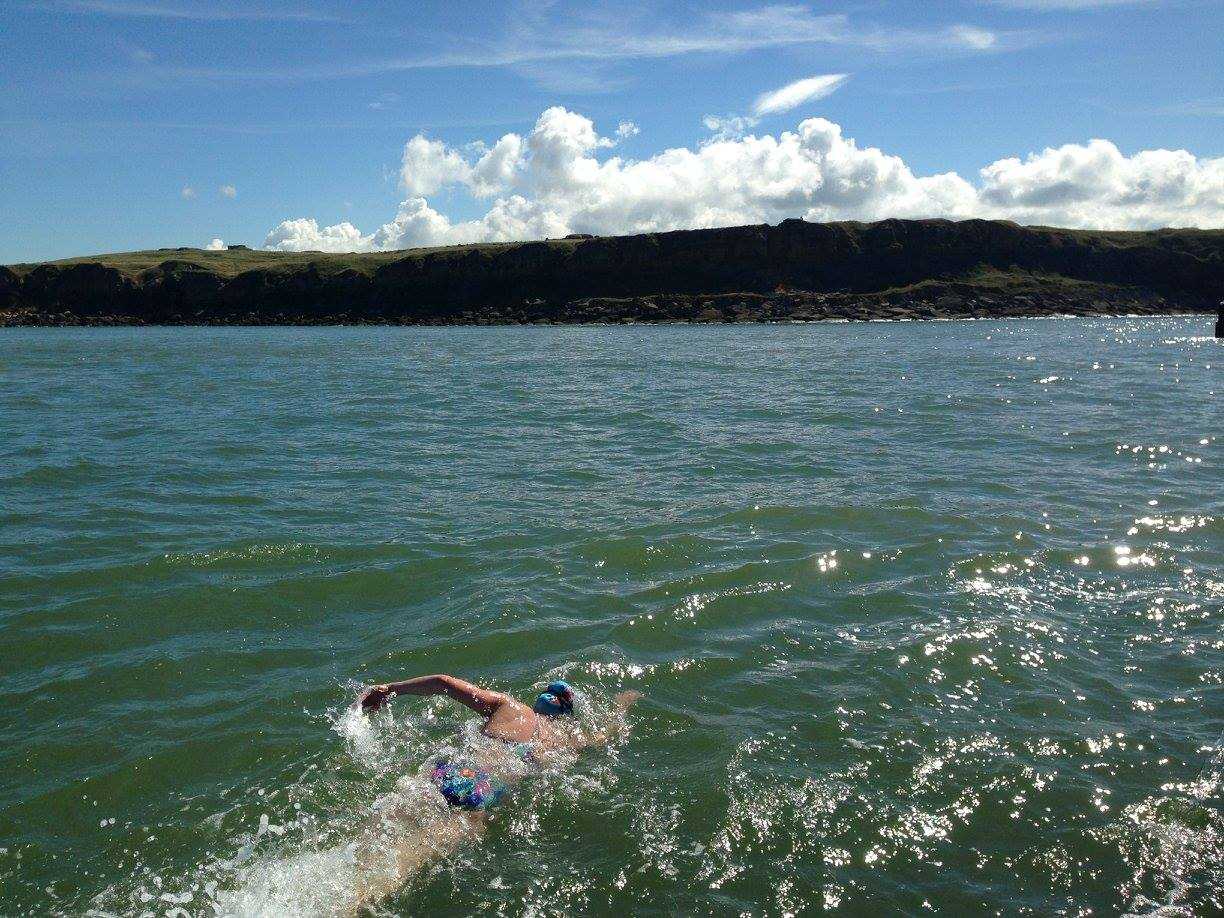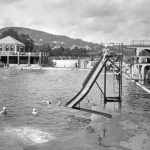
Oxford versus Cambridge – Across the English Channel
It’s not the usual thing you’d expect students to be doing in the very early hours of the morning, but shortly after midnight, on 4 July 2016, George Stannard from Oxford University and Matthew Chadwick from Cambridge, were found standing on a beach staring across the English Channel to France. They were wearing nothing but swimming trunks, goggles, a silicon cap and a good dollop of grease. At 12:37 exactly, a klaxon sounded and the two men charged into the 15-degree water.
This was the start of the bi-annual Oxford versus Cambridge cross-Channel relay and the culmination of a tough selection process and months of hard training and acclimatisation. Since 1998 when the universities first raced, they have drawn twice (a race is considered a draw if they finish within two minutes of each other), Oxford have won four times and Cambridge three. This year, both had assembled strong teams and were hoping for victory.
George, apparently, was lucky even to have the goggles and cap as he’d forgotten to bring his own and had to borrow from a team mate. Meanwhile, Matthew was having navigation problems. Unable to distinguish boats in the dark, he started heading towards the spotlight on Suva, the Oxford team’s boat, instead of his own, Viking Princess.
Up until this point, the Cambridge team had claimed two victories for the 2016 season: the first team to arrive at Dover Harbour and the first to arrive at the start. However, Oxford now started to pull ahead.

Each team had the traditional six swimmers, with each swimming for an hour at a time. A similar routine played out on both boats as the teams made their way across the Channel in the dark.
Naomi Vides, Oxford’s second swimmer and the only one to have taken part in a previous running of the race, also struggled with navigation. At one point she veered so far off course she was heading back to England. At another, she hit an unknown and still unidentified object in the water, let out a scream that echoed off the White Cliffs of Dover, and bravely put her head down to continue swimming.
By the time the fourth swimmers entered the water the sun was rising, bathing the Channel in glorious dawn colours. But delight in the arrival of daylight was short-lived on the Cambridge boat when their swimmer, Rebecca Hughes, encountered jellyfish.
After six hours it was the turn of the first swimmers, George and Matthew, to re-enter the water. At this stage, the Oxford team had a lead of nearly a mile but not all was well on their boat as two team members were feeling sick and cold. However, the prospect of breaking the nine-hour barrier and beating their time from two years ago kept them going. James Manning, the team’s third swimmer, put his head down and struck out for the French shore, touching land after 8 hours and 54 minutes of team swimming. Oxford claimed a fifth victory.
Cambridge’s Rebecca Hughes arrived in France just over half an hour later, with the still impressive time of 9 hours and 28 minutes. No doubt these two crossings will be among the fastest relays of the year, as they usually are.
See also: http://h2openmagazine.com/news/cross-channel-racing-with-oxford-and-cambridge









